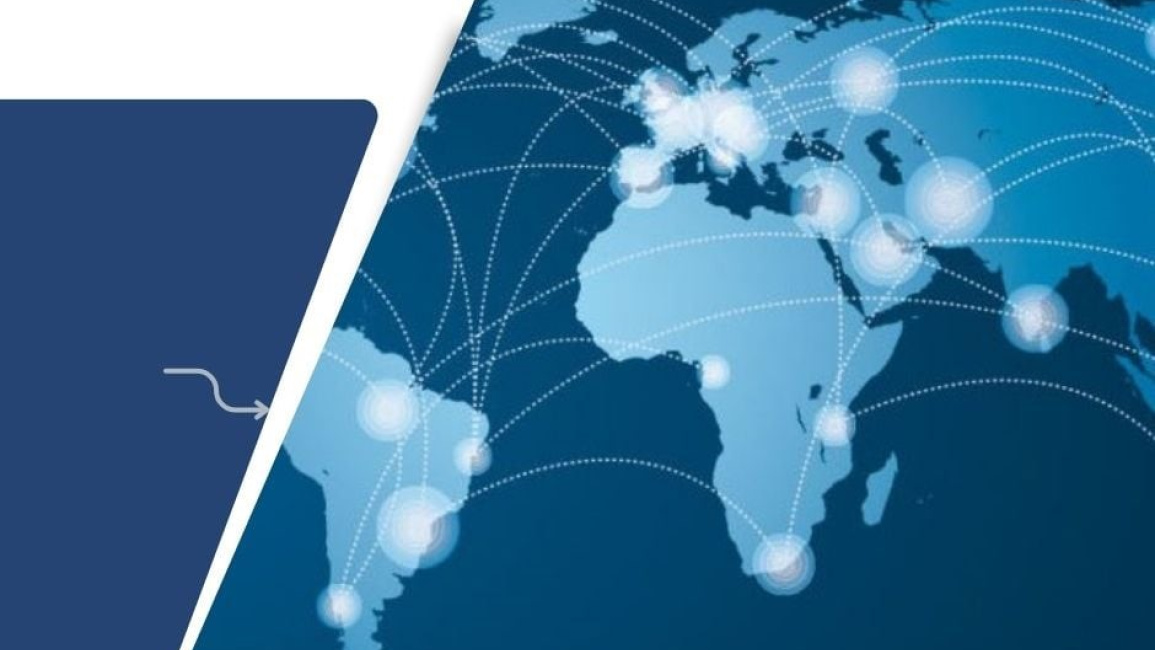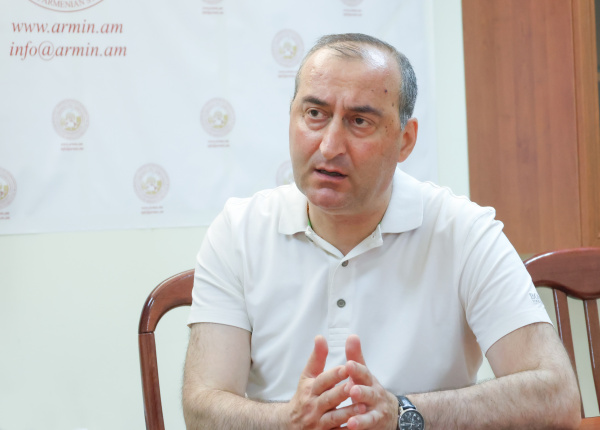June 24, 2024 | 12:50
Admission
Educational programs
Education
Development of diaspora studies as a way to withstand challenges facing the state
The "Diaspora Studies" Master's educational program at the YSU History Faculty equips specialists with a profound understating of the Armenian diaspora, its theoretical problems, main functions, and diasporas of other countries. Graduates also develop the skills necessary to ensure the Armenia-Diaspora connection.

As part of our educational program, students engage in research activities supported by both internal and external grants. Upon graduation, they receive dedicated assistance in finding a job.
"The 'Diaspora Studies' Master's educational program offers research opportunities within the framework of grants, during which students are sent abroad to study the Armenian diaspora. Students have the opportunity to participate in international conferences organized by Yerevan State University, foreign universities and research centers. Additionally, we facilitate employment for students within state institutions composed of departments dedicated to working with the Armenian diaspora," mentioned Professor Arman Yeghiazaryan, Head of the educational program, Associate Professor of Historical Sciences. Furthermore, he emphasized that after completing the educational program, students can work in the Ministry of Diaspora, the Office of the High Commissioner for Diaspora Affairs, the Migration and Citizenship Service, the Institute of Armenian Studies, the Institute of History at NAS, and several faculties within YSU.
Referring to the potential of the diaspora in economic, political, cultural and other fields, Arman Yeghiazaryan pointed out that training knowledgeable specialists is a priority.

"For instance, our compatriots abroad can raise political issues and support the recognition of the Armenian Genocide, as well as advance Armenia's interests abroad by carrying out lobbying processes," he stated.
Valuing the role of diaspora scholars, the head of the master's program emphasized: "If we want to have strong ties with the Diaspora, as well as an identity-preserving and strong Diaspora, then, first of all, it is necessary to have knowledgeable diaspora scholars."
The professor highlighted that, unlike other branches of science, diaspora studies has been formed recently. According to him, the development of diaspora studies is linked to the process of states searching for additional opportunities in the modern era.
"Each state seeks to promote its interests on international platforms, looking for additional opportunities to improve domestic life and address economic and political issues. One such opportunity comes from compatriots living abroad, or, in other words, the diaspora," said A. Yeghiazaryan.
As per the professor's insight, the states are currently creating dozens of structures working with the diaspora. Such structures are created even by the states that do not have an established diaspora, but simply have a few compatriots abroad.
"In 2008, when the Ministry of Diaspora was established in Armenia, only 7-8 countries worldwide had a body working with the Diaspora. Four years later, in 2012, 76 state bodies were established in 55 countries. As of 2019, state bodies working with the diaspora were established in 115 countries," said the head of the educational program.
States with diasporas have an additional opportunity to face challenges both internationally and domestically. Currently, 130 countries worldwide are working towards consolidating the forces of their diaspora compatriots and investing in the development of their homeland, thereby fostering progress within the state.
As a reminder, students with a bachelor's degree are eligible to apply for the "Diaspora Studies" Master's educational program. 2 tuition-free places are available within the framework of the master's program. Applicants in the first stage with a minimum grade point average (GPA) of 13 can qualify for free study.
Documents for the 1st stage of admission are accepted from June 1-28, 2024, until 6:00 pm. The entrance examination for the 1st stage is scheduled for July 2, 2024. Documents for the 2nd stage are accepted from July 8 to August 16, 2024, until 6:00 pm. The entrance examination for the 2nd stage is scheduled for August 23, 2024.

